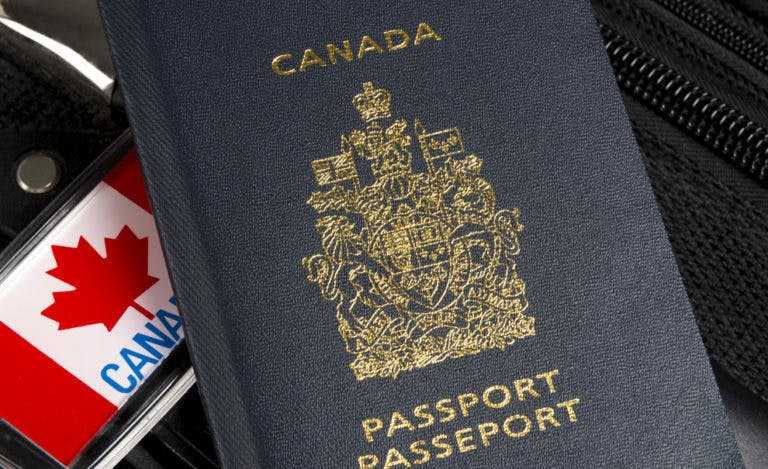Canada, a top-20 country in FY2019 for EB-5 visas issued, has taxation implications for departing EB-5 investors that should be considered in advance to mitigate the impact. Afterwards, the taxation of Canadian non-residents is limited and often does not require the payment of Canadian taxes. Immigration lawyer R. Oliver Branch advises that to determine non-residency for a Canadian EB-5 investor, one must follow the tests of the U.S.-Canada Income Tax Treaty.First, when departing Canada, an EB-5 investor will be subject to certain taxation consequences: the taxable deemed disposition of most assets at fair-market value. Canadian real property is an exemption to this rule, however, and will be taxed at the time of actual disposition, even if the owner is a non-resident at that time.
Departure taxation
After departing, taxation for Canadians is determined largely by residency, which is usually governed by the Canadian Income Tax Act (the Act). Taxation for non-residents is usually limited to income earned from Canadian employment or business, and proceeds from the disposition of Canadian taxable property.However, the U.S.-Canada Income Tax Treaty rules supersedes the rules of the Act. The treaty applies when a taxpayer is a resident of both Canada and the U.S. and is subject to U.S. taxation because of domicile, residence or citizenship. For a Canadian who is a resident alien in the U.S. with a Green Card, the treaty should apply.The treaty has a series of tests that will determine the issue of residency — again, a key factor in determining Canadian taxation.
US.-Canada Income Tax Treaty tests
- A person is a resident of the country in which they have a permanent home. In practical terms, this would entail an EB-5 investor leasing or purchasing a home in the U.S. and selling or leasing his or her Canadian home.
- If that person has either a permanent home in both countries, or neither country, they will be a resident of the country in which they have the deepest personal and economic ties. Such ties include family, social, vocational, and political connections. A deep tie would include a spouse or children in one country.
- If the previous concept of depth of ties cannot determine residency, the person in question is a resident where they have a “habitual abode.” To qualify, the elements of frequency, length, and regularity of stays are considered. In simple terms, it’s where one lives.
- If the person has either a habitual abode in both countries, or neither, they are a resident of the country in which they are a citizen.
- If the person is a citizen of both countries, or neither, the matter is determined by authorities of both countries. Lawyer Branch advises this process is lengthy and costly; but one has to assume that the test of residency rarely gets this far.
Read immigration lawyer R. Oliver Branch’s and tax professional Elan Harper’s article “EB-5 Immigrant Investor Program and Canadian tax considerations for investors”



